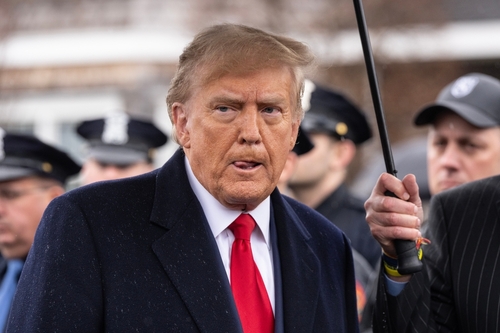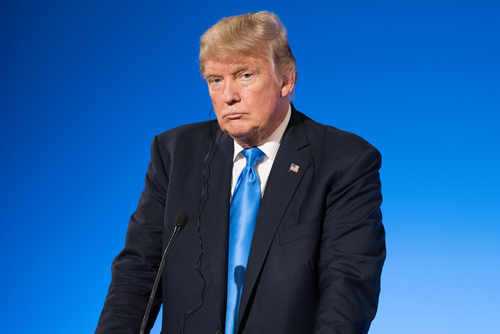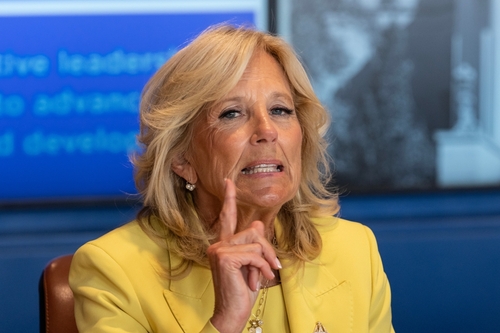Listen To Story Above
The British military’s highest-ranking officer warns that we’re entering a new nuclear era, characterized by greater instability and risks than previous periods.
During his address to the Royal United Services Institute for Defence and Security Studies, Admiral Sir Tony Radakin, Chief of the Defence Staff, outlined how today’s nuclear landscape differs significantly from past decades.
This evening, @AdmTonyRadakin delivered RUSI's Chief of the Defence Staff Lecture, addressing the challenges facing the Armed Forces, as well as broader considerations of UK security – find out more here: https://t.co/2Or9GjUAHm pic.twitter.com/WhnEkHVPEd
— RUSI (@RUSI_org) December 4, 2024
“The security outlook is more contested, more ambiguous and more dangerous than we have known in our careers,” Radakin stated, emphasizing that “a third nuclear age is upon us.”
He explained how the first nuclear age during the Cold War maintained stability through mutual deterrence, while the second period focused on disarmament initiatives. “Nuclear non-proliferation has been one of the great successes of international security since the end of the Second World War,” he noted.
The admiral pointed to Russia’s actions under Putin as a primary catalyst for this new era, citing their provocative nuclear exercises and threats against NATO. China’s expanding nuclear arsenal, along with concerns about Iran and North Korea, further complicate the global security landscape.
Radakin acknowledged his duty to address these challenges candidly, saying: “That requires me to speak plainly about the threats we face.”
He highlighted NATO’s collective strength, noting its defense spending exceeds that of Russia and China combined, while emphasizing the West’s economic advantages.
Despite Britain’s geographical distance from direct Russian aggression, Radakin explained how the country faces significant challenges. He stated: “We too are experiencing the consequences of a more unstable world in a way that is also very real. Our national airspace and territorial waters, our critical energy and digital infrastructure, and our public discourse have all been subject to interference. In cyberspace, the frequency of attempts on our networks continues to accelerate, driven both by rogue individuals and nation states.
And we are seeing a Europe-wide campaign of arson and sabotage, characterised in an extraordinarily frank and open way by the heads of two of our intelligence agencies – as ‘a sustained mission to generate mayhem’ and ‘beyond irresponsible.’
But the impact of global instability is felt even more broadly. As consumers through the cost of living. As taxpayers, through the expense of energy subsidy. And low growth and stagnation across across Europe as markets react to an increasingly uncertain world.”
When will the UK government confirm their defence spending plans?
Laura has been speaking to UK Defence Chair Admiral Sir Tony Radakin about support for the armed forces.
Listen to her analysis on #BBCNewscasthttps://t.co/mCSfbnAgTH pic.twitter.com/kYFdkAk0Bb
— BBC Sounds (@BBCSounds) November 10, 2024
This perspective aligns with other NATO officials’ warnings, including Admiral Rob Bauer’s call for European preparedness. Poland’s National Security Bureau estimates a three-year window for military reinforcement against potential Russian threats.
Professor Katarzyna Pisarska emphasized this urgency, stating: “When do preparations for this scenario need to begin? They should have started yesterday… We can, like Emmanuel Macron, speak of ‘European autonomy.’ But what does that mean? Can France station 10,000 soldiers in Poland tomorrow? Can Germany effectively defend NATO’s eastern flank? Credible deterrence is needed. We currently only have that with the Americans.”






